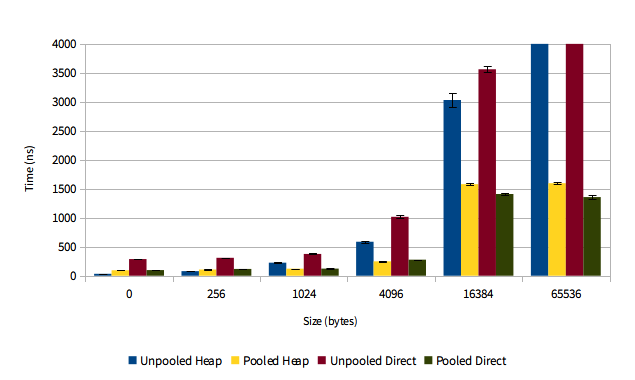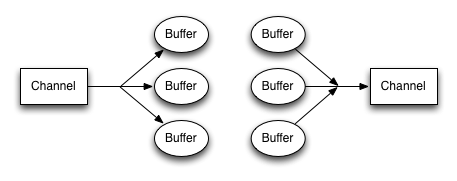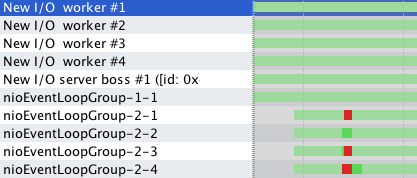- Leading Netty effort at Red Hat
- Vert.x / NIO / Performance
- Author of Netty in Action
- @normanmaurer
- github.com/normanmaurer
Blocking-IO ?
| For high-performance with many concurrent connections you WANT to use NIO or NIO.2! |

https://www.flickr.com/photos/theleetgeeks/3110958031










